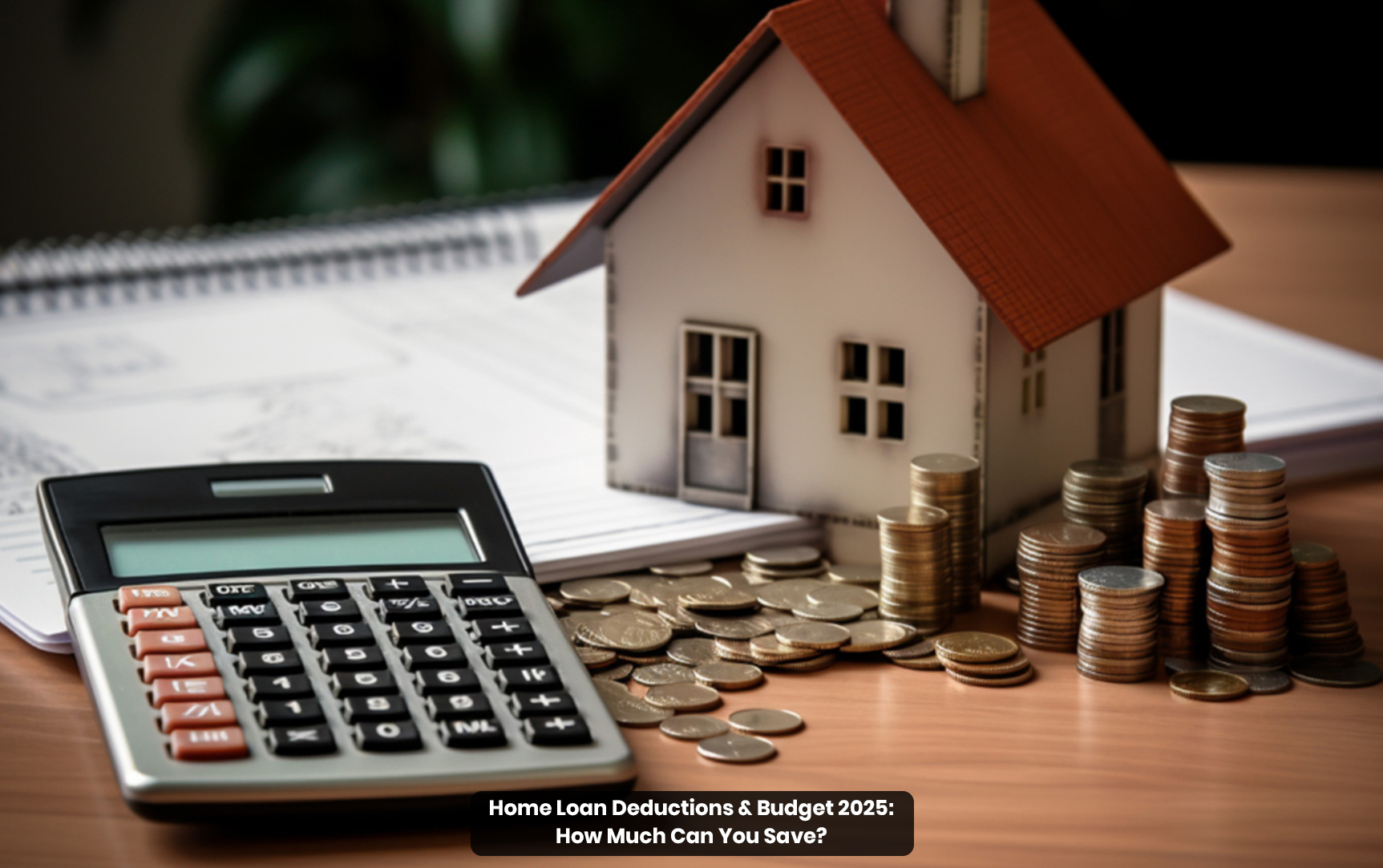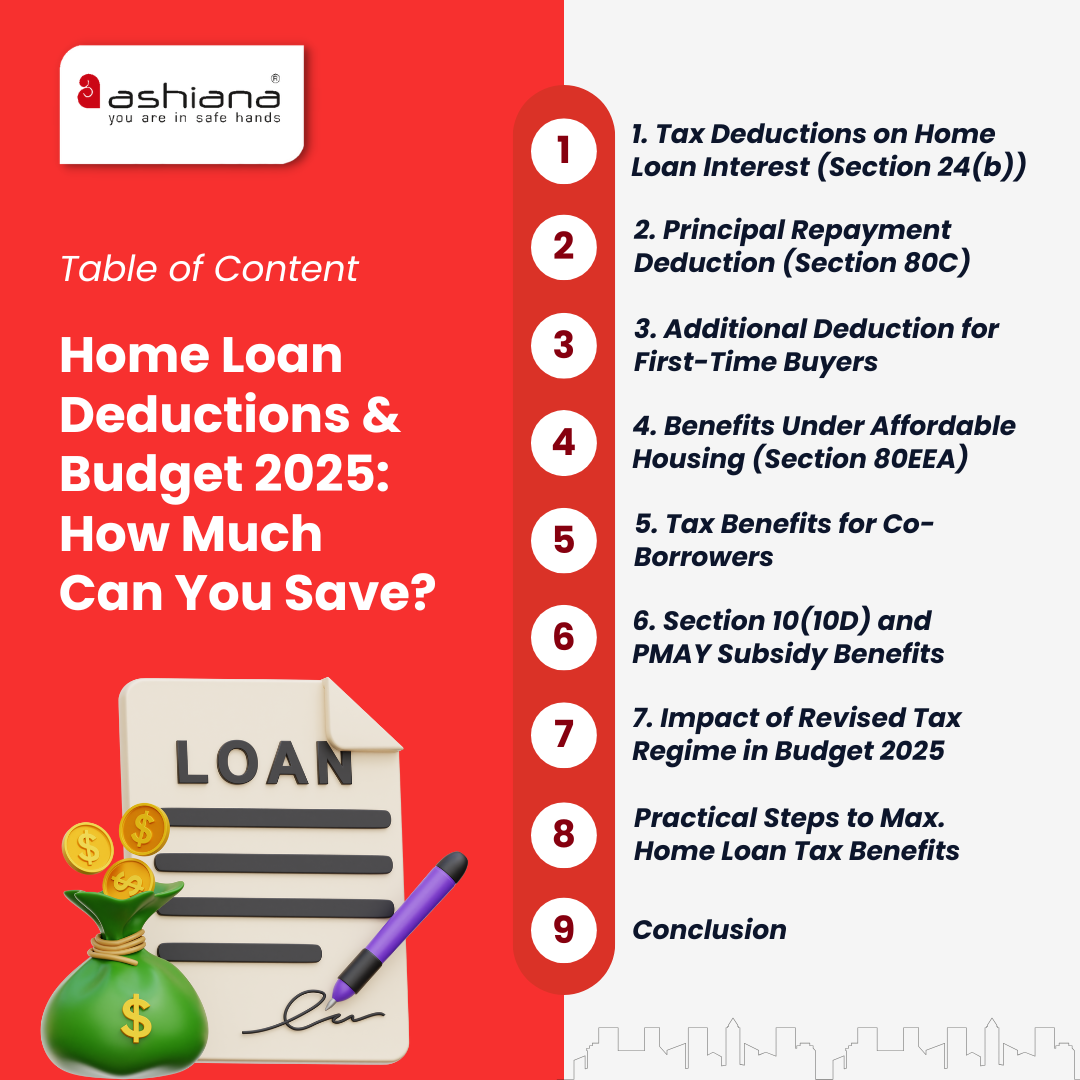

You can save up to ₹2 lakh per annum on home loan interest payments for self-occupied properties under Section 24(b). For rented properties, there’s no upper limit, but the loss under “Income from House Property” is capped at ₹2 lakh.
Section 80EE offers a ₹50,000 deduction for first-time buyers with loan amounts up to ₹35 lakh and property values under ₹50 lakh. Section 80EEA provides an additional ₹1.5 lakh deduction for affordable housing buyers with properties valued under ₹45 lakh.
Yes, co-borrowers who are also co-owners of the property can claim individual deductions under Sections 24(b), 80C, 80EE, and 80EEA, doubling the tax benefits.
Ashiana, Ashiana Housing build homes. Homes surrounded by vast green spaces and fresh breeze. Homes cocooned in secured gated complexes. Homes where futures are forged and there are opportunities to grow. And Homes in environments brimming with healthy activity, trust and respect. At heart, we build communities with care.
Other posts by Ashiana
Join 1000+ of fellow readers. Get expert real estate knowledge straight to your inbox absolutely free. Just enter your email address below.